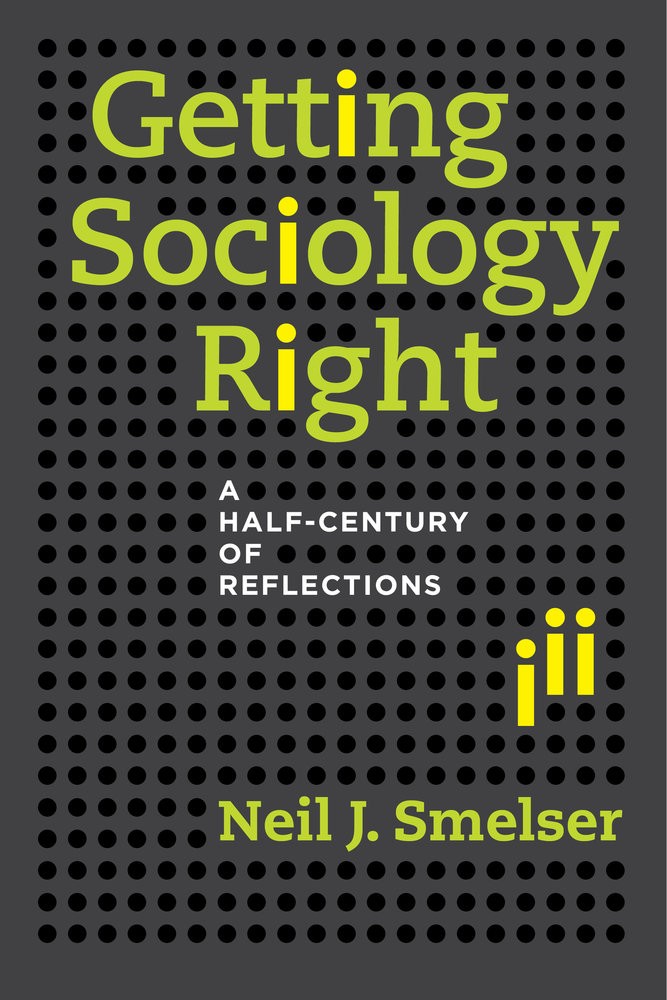"Smelser is an outstanding sociologist, who has devoted a lot of attention to the status of his own discipline. His understanding of the content, methods, and uses of sociology is of the sort that can be reached only by the active researcher and theorist whose substantive contribution are highly significant. This collection of formerly published articles is not random but unified by a single theme: the evolving views of the author on the discipline of sociology which have not lost any of their relevance."—Piotr Sztompka, professor of theoretical sociology at the Jagiellonian University at Krakow, Poland
"Smelser's reflections are important for the balanced assessment they offer of the scope and inherent tensions of the discipline, and the forces which shape it. The sociology of the twenty-first century will be better for the rescue of this wisdom."—Lyn Spillman, University of Notre Dame.
"A master of more disciplines than any living sociologist, Smelser's pellucid work spans from the mid-20th century until today. Getting Sociology Right provides participant observation about the extraordinary disciplinary shifts that have marked the last seven decades.These essays tell us where American sociology has been, and a lot about where it may be going, too."—Jeffrey Alexander, Lillian Chavenson Saden Professor of Sociology, Yale University
"In this lucid and captivating book, Neil Smelser combines his deep experience and knowledge of the discipline of sociology together with his wide ranging vision across all of the social sciences. This collection of essays, produced over a 50 year period, is a window into the evolution of the social sciences and the unique challenges and triumphs of the sociological perspective. It is also a fascinating look at a long and successful individual career. Getting Sociology Right is a stimulating, provocative, wise, and surprisingly fresh book that I hope every young sociologist will learn from."—Mary C. Waters, M.E. Zukerman Professor of Sociology, Harvard University
